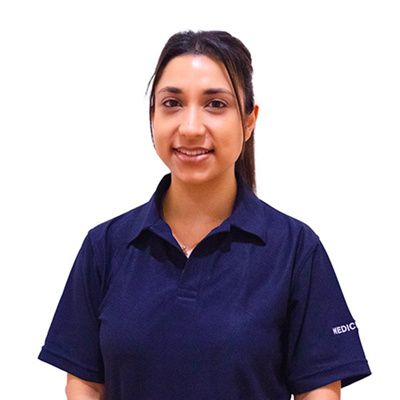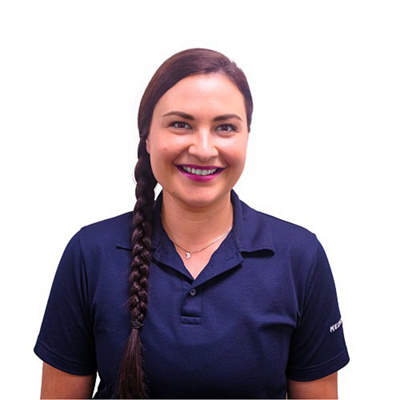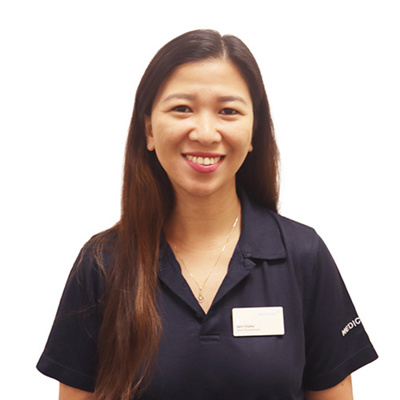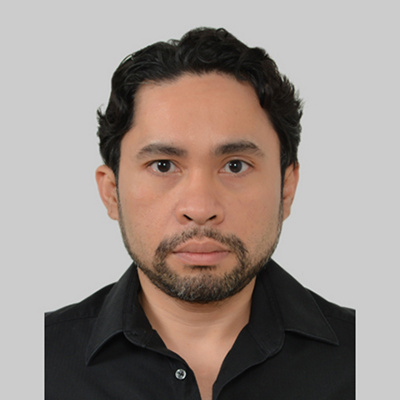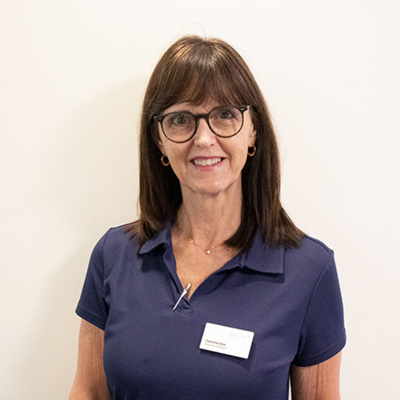Physiotherapy is an autonomous health care profession which provides services to people and populations to develop, maintain and restore maximum movement and functional ability throughout their lifespan. Physical therapists provide services that develop, maintain and restore people’s maximum movement and functional ability. They can help people at any stage of life, when movement and function are threatened by ageing, injury, diseases, disorders, conditions or environmental factors. Physical therapists help people maximise their quality of life, looking at physical, psychological, emotional and social wellbeing. They work in the health spheres of promotion, prevention, treatment/intervention, habilitation and rehabilitation.
Services and procedures available at Mediclinic Parkview Hospital include:
1. Paediatrics
1.1. Neonatal intensive care
1.2. Paediatric inpatients
1.3. Paediatric outpatients
Some specific services of paediatric physiotherapy include, but are not limited to the management of congenital conditions/ developmental delays/ musculoskeletal (MSK), orthopaedic and cardiorespiratory conditions.
2. Cardiac and Respiratory
2.1. Adult intensive care
2.2. High dependency unit
2.3. Surgical
2.4. Medical
2.5. Outpatient
Some specific services of cardio-respiratory include, but are not limited to:
- Chest clearance techniques (CPT – active and manual)
- Tracheostomy management
- Cardiac rehabilitation/pulmonary rehabilitation
3. Neurology
3.1. Inpatient acute treatment
3.2. Outpatient
3.3. Trauma
3.4. Elective surgery
3.5. Spinal surgery
3.6. Pre and post operatively
Some specific services of neurological rehabilitation include but are not limited to:
- Neuro rehabilitation
- Neuro-developmental therapy
- Neuro-muscular re-education
- Vestibular re-training
4. Trauma and orthopaedics
4.1. Trauma
4.2. Elective surgery
4.3 Spinal surgery
4.4 Amputation
4.5 Pre and post operatively across inpatients and outpatients
5. Women’s /Men’s Health
5.1. Pre- and post-natal care
5.2. Management of pre and post-operative breast and uro-gynaecological surgeries
5.3 Management of male and female urinary and bowel Incontinence
5.4 Management of pelvic floor dysfunction- this may include NMES and biofeedback
5.5 Management of pelvic pain
5.6 Management of pregnancy related pelvic girdle pain (PGP)
6. Musculoskeletal (MSK)
Some specific services of musculoskeletal physiotherapy include, but are not limited to, the following:
6.1. Orthopaedic rehabilitation including post-operatively
6.2 Hand therapy
6.3 Rheumatological conditions
6.4. Ergonomic assessment and advice
6.5. Exercise therapy
6.5.1. Strengthening and conditioning
6.5.2. Flexibility exercises
6.5.3. Clinical Pilates
6.6. Electrotherapy
6.7. Manual therapy
6.7.1. Spinal and peripheral mobilisation techniques
6.7.2. Spinal manipulation
6.7.3. Soft tissue techniques – trigger point therapy, myofascial release
6.7.4. Neural tissue mobilisation
6.8. Taping techniques
6.9. Dry needling
6.10. Gait and running biomedical analysis
6.11 Injury prevention
6.12 Biofeedback
6.13 Cryotherapy/ heat therapy
6.14 Concussion testing and management
6.14 Sports specific therapy
- Plyometrics
- Early to final stage rehab
- Sports specific performance training
- Sports specific injury prevention
7. Bariatric
7.1 Patient education
7.2 Inpatient pre and post-op management
7.3. Falls prevention
7.4. Outpatient rehab
8. Oncology
8.1 oncology related MSK complaints
8.2 Management of secondary conditions and complications
9. Lymphedema
Some procedures underpin all fields of physiotherapy and include, but are not limited to:
- Education
- Pain management
- Prevention of disease and injury
- Promotion of health and wellbeing
10. Speech and Language Therapy
10.1 Assess and manage adult and paediatric communication impairments including:
- Speech (articulation)
- Language
- Voice
- Fluency (stuttering)
- Cognitive communication
- Pragmatics
10.2Assess and manage adult and paediatric feeding and swallowing impairments
10.3Complete instrumental assessments of swallowing including video-fluoroscopic swallowing studies
10.3Assess and manage the communication and aero-digestive function of patients with tracheostomies
10.4Health promotion and prevention services e.g. wellness days, early intervention and support group
11. Occupational Therapy
11.1 Paediatrics (inpatients/outpatients)
11.2 Occupational performance assessment and treatment for paediatrics with sensory-processing, orthopaedic, neurological, developmental and mental health conditions
11.3 Assessment and treatment of performance components:
- Processing skills e.g. cognition, perception, emotional, behavioural
- Motor skills including upper limb dexterity, sensation, vision
11.4 Prescription and/or training of:
- Assistive technology
- Wheelchairs
- Assistive devices
11.5 Prescription, construction and training of upper limb orthotics
11.6 Community, home, scholastic evaluation and management
11.7 Health promotion and prevention services e.g. early intervention clinic for developmental screenings
11.8 Adults (inpatients/outpatients)
11.9 Occupational performance (i.e. personal care, domestic, leisure, social and work-related skills) assessment and treatment for adults
11. 10 Orthopaedics including acquired, progressive or traumatic hand conditions; post-surgical neck/backs
11.11 Neurological diagnoses including acquired/traumatic brain injuries
11.12 Geriatric conditions including Alzheimers, dementia, assessment and treatment of performance components:
- Processing skills e.g. cognition, perception, emotional, behavioural
- Motor skills e.g. upper limb dexterity, strength, range, sensation, vision
11.13 Hands Therapy:
- Inpatient – acute treatment post-surgery
- Outpatients - management of simple fractures
- Management of complex fractures
- Management of tendon repairs




